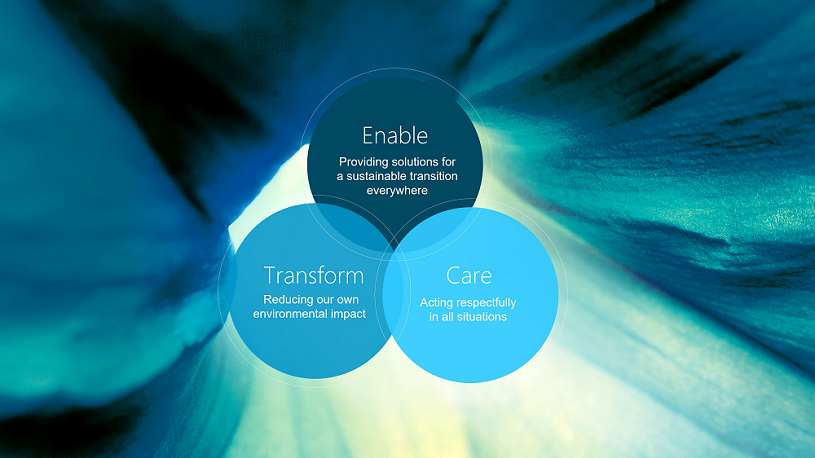Sustainability Report 2024
Perstorp has an important role in the value chain of specialty chemicals. The company produces specialty chemicals and intermediates with focus on the markets for Resins & Coatings, Engineered Fluids, Advanced Materials and Animal Nutrition. In this report, we disclose information on relevant sustainability topics throughout our operations.
As one of the world’s leading specialty chemicals innovators, we know that little things make a powerful difference. Using nature’s tiniest building blocks, we help advance everyday life – making it safer, more convenient and more environmentally sound for billions of people all over the world. We are here to advance everyday life for the better, with a clear sustainability agenda.
Raw materials for the production of chemicals must gradually be shifted from fossil, to renewable and recycled, in all materials that make up end products such as cars, buildings, furniture, clothes and electronics. In addition, we must aim higher, and the end goal is not only to reduce negative impact, but become a contributor to the environment.
Thanks to chemistry, the air and water in many European cities is cleaner today than 100 years ago. The ozone layer is healing and as we tackle the great challenge of climate change, chemistry will play a key role. Meanwhile the chemical industry is challenged by the need to shift from fossil dependence to alternative raw material to limit its own impact.




